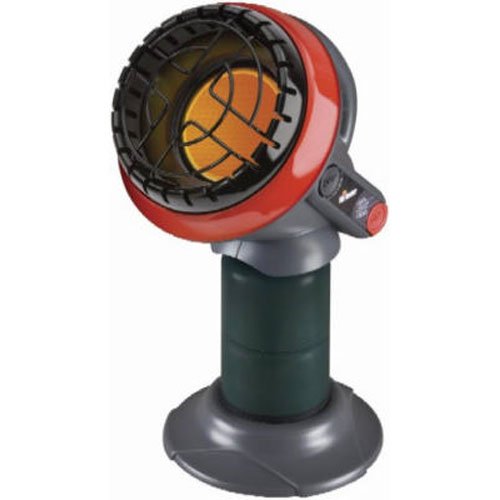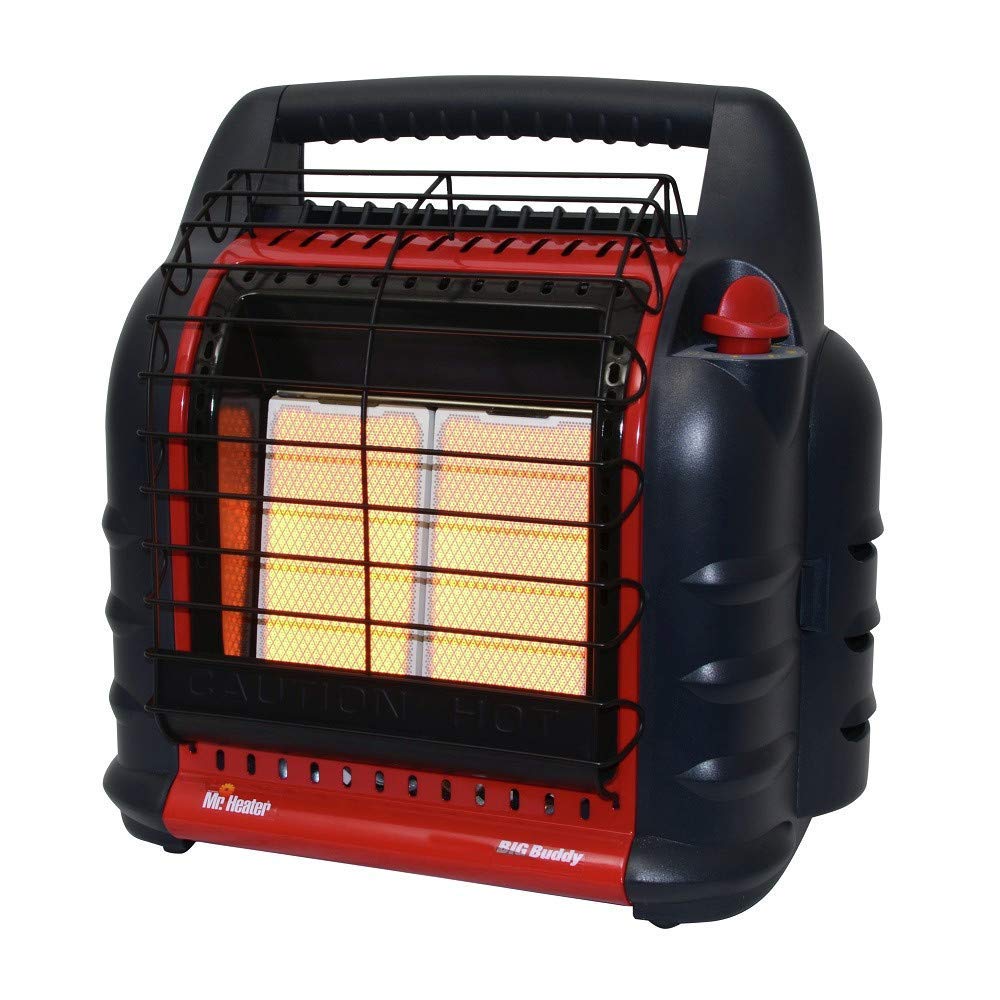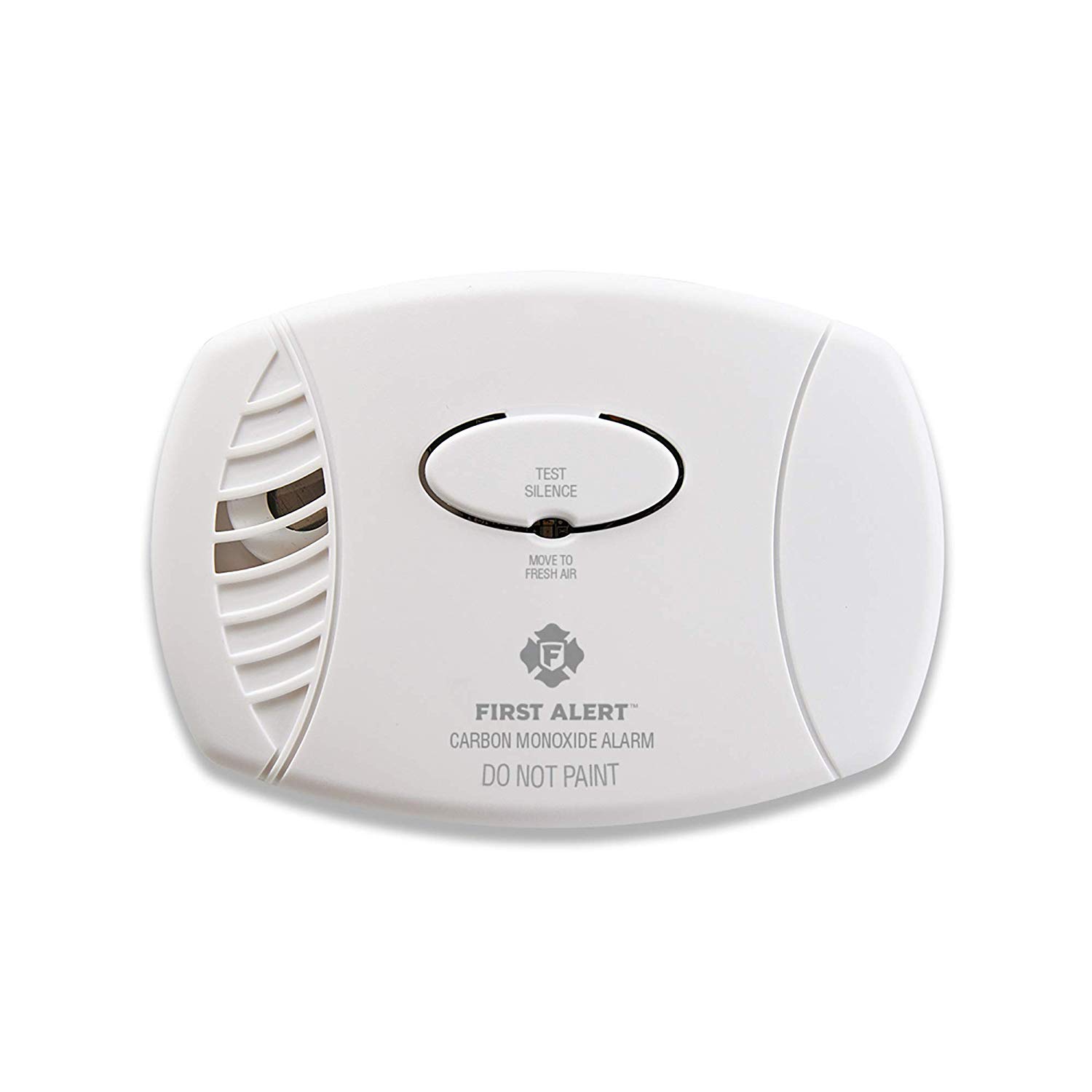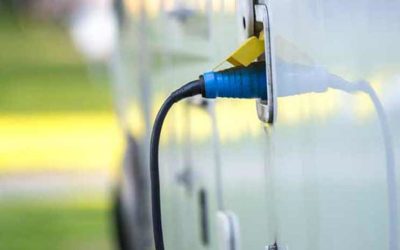Propane heater safety tips

When you need an extra heat boost in your RV during cold or chilly weather, a propane heater is a great idea. Just follow a few safety tips.
If you’re winter camping in your RV or an unexpected cold snap hits where you’re at, you want to stay warm. There’s nothing worse than living in a few hundred square feet and be miserably cold. While most RV’s furnaces do a good job of keeping cold temperatures at bay, sometimes you’ll want to supplement their heat or maybe just get some focused heat in a certain area. A propane heater can be a good solution.
Choosing a propane heater
Look, there are hundreds of propane heaters on the market. The Little Buddy is one favored by RVers, puts our 3,800 BTUs of heat and is intended for rooms up to 95 square feet. It’s a good option for a bedroom in your RV.

Mr. Heater makes other models that are appropriate for larger areas, such as the MH9BX model which gives out 4,000 to 9,000 BTU and heats up to 225 square feet. Mr. Heater’s Big Buddy propane heater gives out 4,000, 9,000, or 18,000 BTUs and heats up to 400 square feet.

Use a heater with a tip-over safety switch
First, make sure that the propane heater is specifically designed for indoor use. A low-oxygen sensor, thermostat, and automatic shut-off are critical, must-have features to look for.
Put the heater in a safe place
When setting up your heater, make sure its heating element is pointed away from the wall, furniture, or other flammable surfaces. Make sure pets and children will not be able to access the heater and keep it out of foot traffic in your RV. Make sure to not store extra propane cylinders near the heater when it is in use.
Open a window
Before using a propane heater, be sure that your RV has adequate ventilation. This is critical as all propane heaters exhaust some carbon monoxide, an invisible, odorless gas that is quite poisonous. That’s doesn’t mean you can’t use propane heaters — just be sure that there’s a way to vent that gas out of your RV.
High levels of carbon monoxide can certainly be fatal. Even lower levels can cause problems for those with asthma, sensitivity to airborne allergens, or breathing problems. Early signs of carbon monoxide poisoning include flu-like symptoms such as a headache, dizziness, and nausea. If you’re feeling any of these or suspect the heater is not working properly, get some fresh air immediately and adjust your ventilation.
Get a carbon monoxide detector
All modern RVs come with these (and if it’s not hardwired into electric, check the batteries every three months), but if you’re using a propane heater, it’s a good idea to get a second one with a digital display like this one from First Alert.

Check for gas leaks
Whenever you connect your propane heater to its fuel supply, check the connections, hoses, and other fittings for damage or potential gas leaks. If you smell gas, apply soapy water to connections and look for bubbling, indicating a leak or seepage.
With some planning and care, a portable propane heater can add extra, occasional warmth to your RV interior. Just follow these precautions.

Jim & Debbie Tome
Hi! We’re Jim & Debbie Tome and we run All Things RVing, the online destination for, well, everything about RVing, including tips and advice, RV park reviews, trip planning and destinations, our experiences and insights while RVing, and even some food and drink (and much more!) recipes, reviews, and shares along the way. We hope you enjoyed this article and come back often. You can even subscribe (above!) and you’ll get a nifty little email each time we publish a new article. Don’t worry, we never share your email or personal info with anyone, any website, or any company. Thanks for reading!
How to get rid of RV odors
No one likes odors in their RV. The small space and reduced ventilation can concentrate odors and make them unbearable at times. Find out what you can do. There are many causes of bad odors in RVs. Even just things like dirty laundry, pets, and even cooking can cause...
Point Labaddie Brewery in Labadie, Missouri
A small, roadside craft brewery off of old Route 66 was a surprisingly wonderful overnight stop — and a great alternative to noisy, dirty, and possibly dangerous overnight stops like a Walmart parking lot or truck stop. We did a lot of traveling in 2018. We're...
RV extension cords and adapters
There's nothing worse than not being able to hook-up to electric service at an RV park or state or national park. Here's how to be prepared. Many RVs have onboard generators. Still, others have solar panels on top or owners use portable panels to capture electricity...

Visit some of our most popular pages and sections of our website.
| Advice & Tips | Reviews & Recommendations |
| Places & Sites | Food & Drink |
| Connect With Us | Contact Us |

All Things RVing ![]() P.O. Box 313, Sycamore, Illinois 60178
P.O. Box 313, Sycamore, Illinois 60178 ![]() 815-508-3878
815-508-3878 ![]() info@allthingsrving.com
info@allthingsrving.com




0 Comments